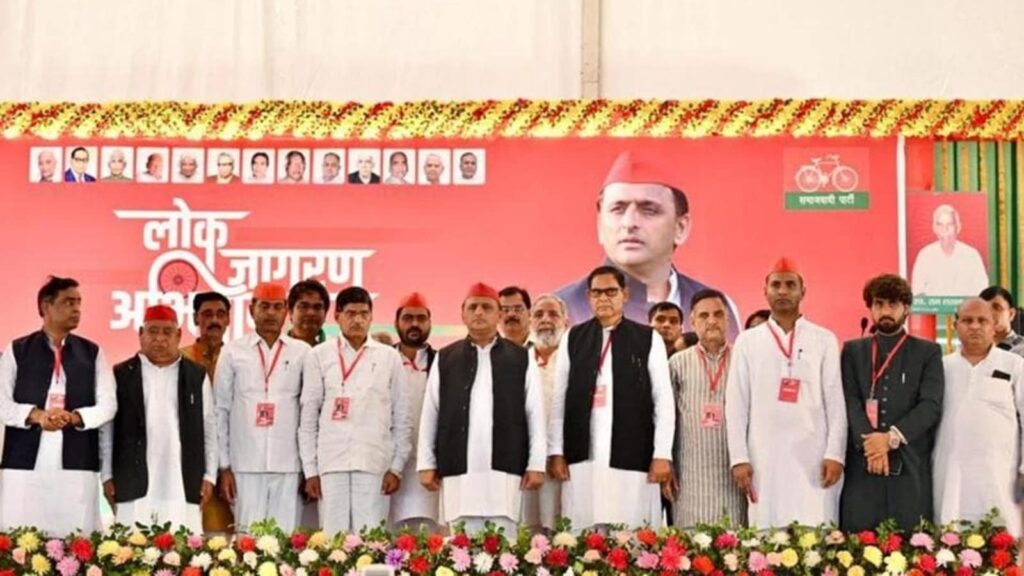Is the INDIA bloc a national or a state alliance is Samajwadi Party (SP) chief Akhilesh Yadav’s poser to the Congress. Yadav’s question comes in the wake of the two parties failing to reach a consensus on seat-sharing for the Madhya Pradesh (MP) elections. Even as talks continue, the SP has declared it will contest all 230 seats in the state. The Congress has been non-committal on the SP’s demand — reportedly a mere 12 seats — and has instead asked the party to support its candidates for consolidating all the anti-BJP votes. The SP has one MLA in the outgoing assembly, and pockets of influence in constituencies bordering Uttar Pradesh (UP). The Congress prefers to field candidates from all the MP constituencies rather than share a few seats with allies. Yadav may want to do the same in Uttar Pradesh in the 2024 general elections instead of being coerced to share seats with a weakened Congress. If each constituent in INDIA looks to maximise its returns rather than accommodate a weaker ally, what does that say about the bloc? It is a conundrum that INDIA has so far preferred to ignore.
Barring in Tamil Nadu and Bihar, and perhaps, Maharashtra, the INDIA bloc is more of an idea than an actual coalition, with anti-BJPism its binding glue. At one stage it was proposed that parties would take the call on seat-sharing at the state level. However, regional units of the Congress seem reluctant to accommodate smaller allies. In the past, the party has preferred post-poll alliances to form the government — the Congress took support from SP and BSP MLAs in MP and Rajasthan after the 2018 assembly polls. Looking back, even the United Progressive Alliance (UPA) was formed on an anti-BJP agenda after the elections with a common minimum programme providing the ideological glue. The social democratic character of the two UPA governments continued to define the alliance beyond its defeat in 2014. INDIA constituents respect the UPA legacy, but many of them also want the bloc to contest all elections together. At least in West Bengal, Delhi, Punjab, Kerala, and even in UP — that’s 162 Lok Sabha seats — local political antagonisms can trump the INDIA bloc’s national considerations and pit allies against each other. INDIA’s ability to project itself as a credible alternative to the NDA will depend on how it resolves these contradictions and negotiates regional animosities. Yadav’s remarks anticipate the bloc’s future battles.
 Subscribe today by clicking the link and stay updated with the latest news!” Click here!
Subscribe today by clicking the link and stay updated with the latest news!” Click here!Continue reading with HT Premium Subscription
Daily E Paper I Premium Articles I Brunch E Magazine I Daily Infographics


